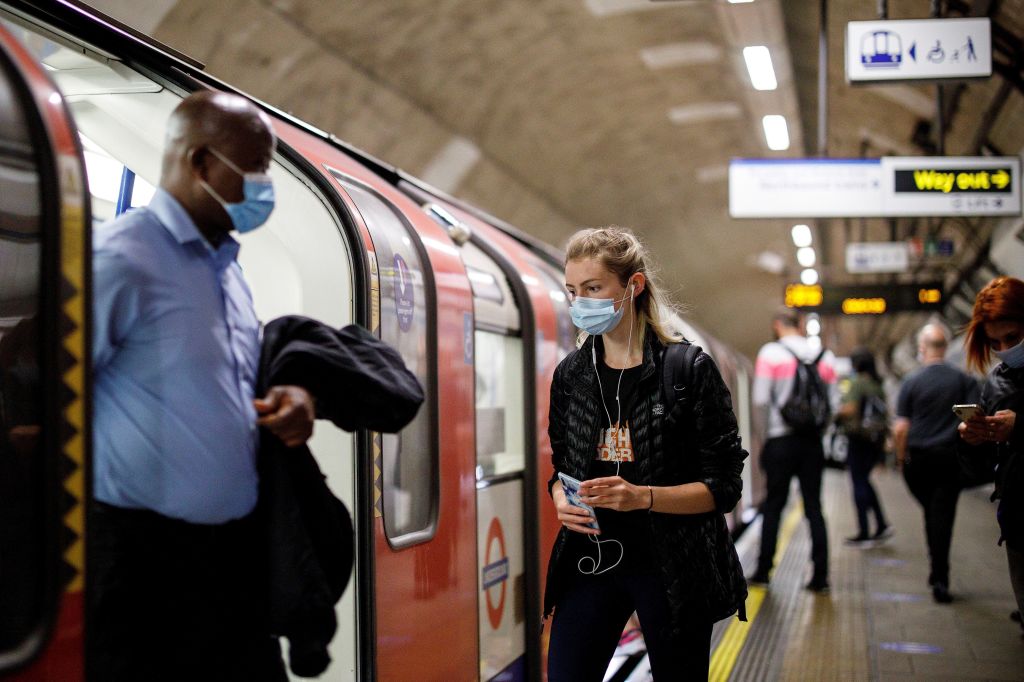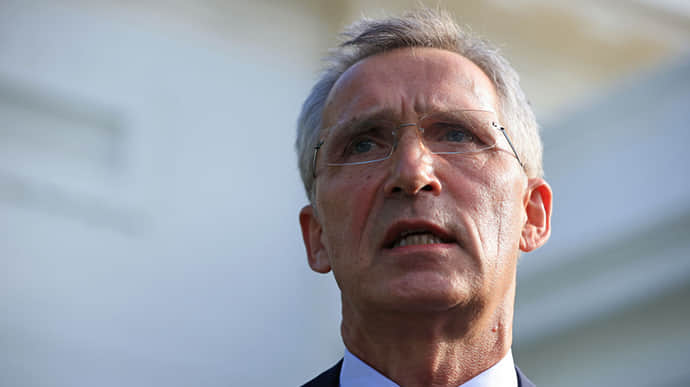Transport for London gets Moody’s upgrade despite funding concerns
Credit ratings agency Moody's has given TfL's finances a vote of confidence, amid city calls for more funding ahead of the Autumn statement.


Credit ratings agency Moody’s has given Transport for London (TfL)’s finances a significant vote of confidence, amid warnings over the need for greater government support and long term funding.
The US agency has upgraded TfL’s long-term debt rating from Baa1 to A3, meaning the group’s debt outlook is now positive.
Moody’s cited improved operating performance as a key reason for the upgrade, adding that TfL’s income was now higher than pre-pandemic, although so are its costs.
It comes as London’s transport network approaches pre-pandemic traffic levels, following a consistently chequered recovery after its coffers were emptied during the lockdown years.
Mayor Sadiq Khan, the TfL board and the government all reached a funding agreement in August last year, following months of intense backroom discussions. The deal averted what had been described as “managed decline,” preventing cuts to bus and tube services in the capital.
But it is set to expire in March next year, with discussions ongoing over capital needs for 2024/25 and further down the line.
Moody’s believe any decrease in government support, including significant under investment in TfL’s capital funding or an agreement which “imposes unachievable conditions on TfL”, poses a risk to its future rating.
TfL’s chief finance officer Rachel McLean said that while the company remained “on track to achieve operational financial sustainability this year”, further investment and long term capital funding would be critical moving into 2024.
“Certainty over this capital investment support is absolutely vital to continue to grow ridership, maintain services and assets and support jobs and economic growth around the country through our supply chain,” she said in a statement.”
Meanwhile, conservatives at City Hall argue Khan is to blame for presiding over record debt, which now sits at £14bn, due in part to a decision to freeze fares for four years and a failure to introduce necessary reforms.
“We’ve proposed a series of measures to cut costs, including reforming pensions, speedy introduction of driverless trains, incentivising home working, introducing Tube sponsorship and scrapping ‘nominee passes’ which allow TfL workers to gift free travel to anyone in their household,” Keith Prince, City Hall Conservatives transport spokesman, told City A.M.
London business groups and councils have been urging the government to bring in more cash for the network ahead of the Autumn statement.
TfL’s capital funding deal for 2024/25 would support the continued replacement of rolling stock on the Piccadilly line, the replacement of fleets on the Bakerloo Line and the delivery of 54 new DLR trains.
The Mayor’s office and the Department for Transport (DfT) were approached for comment.



